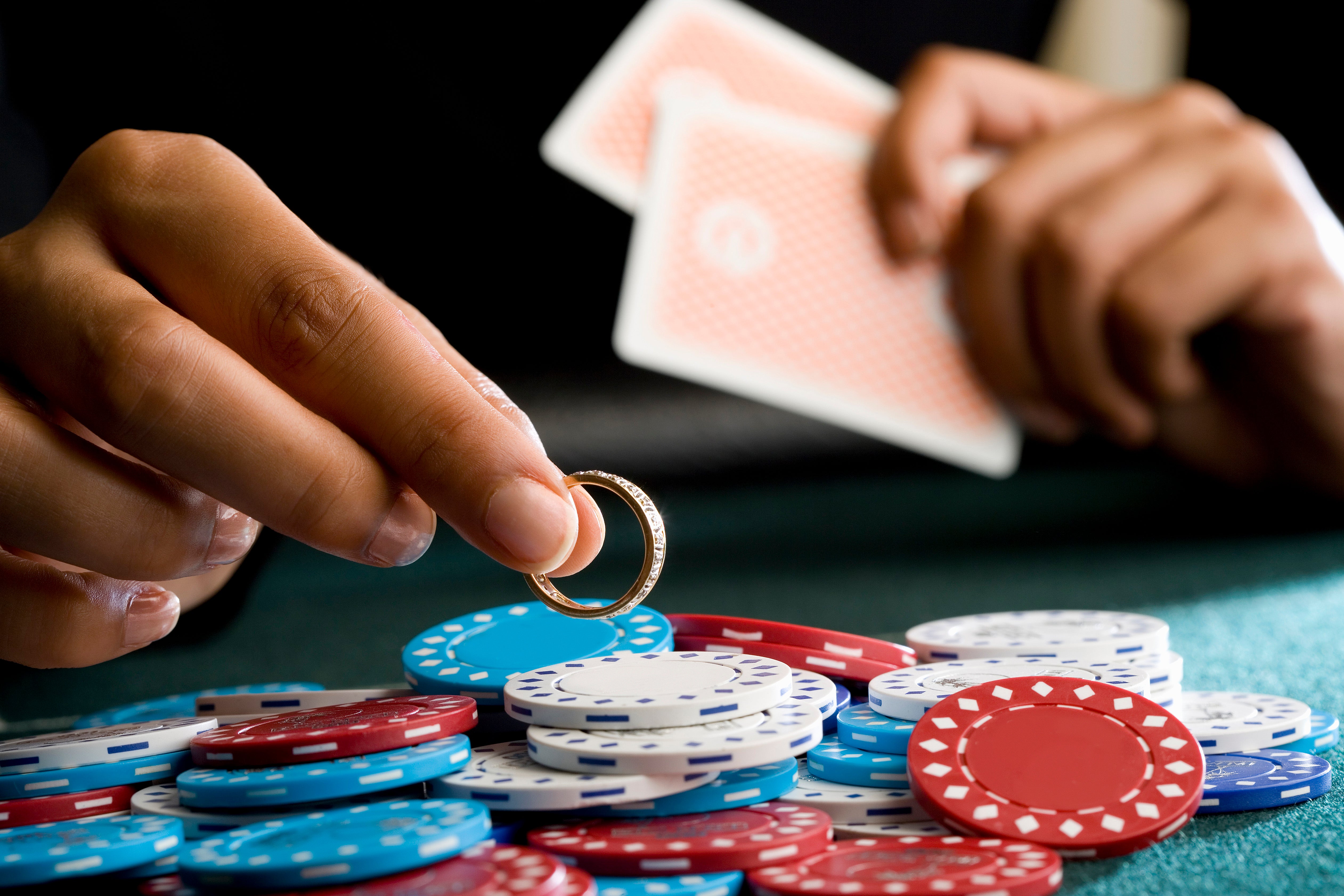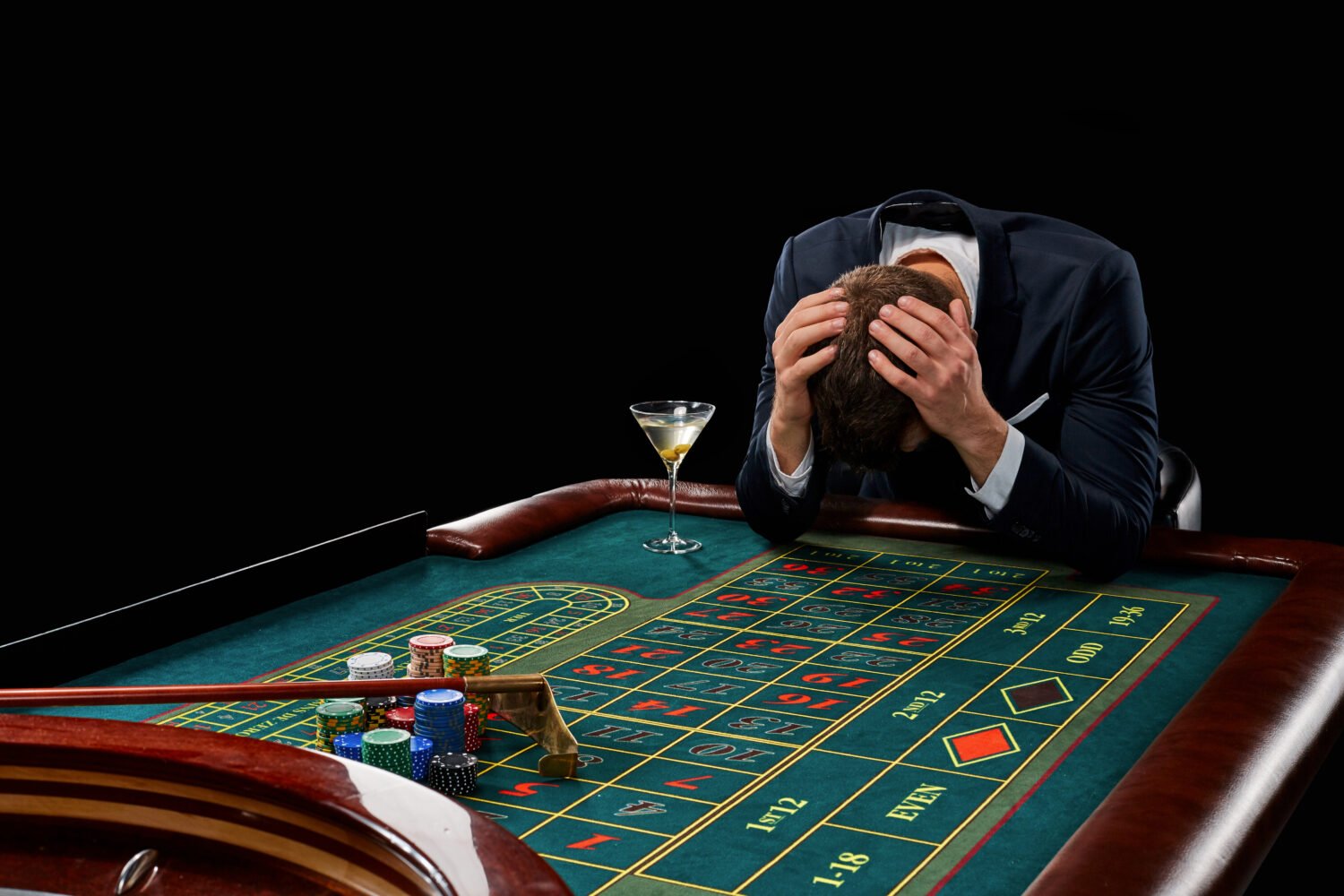
Recognizing when gambling becomes a problem is crucial for maintaining a healthy balance between entertainment and risk
Gambling often starts as a harmless pastime. A friendly bet with friends, a few dollars spent on a slot machine for fun – it’s easy to see how gambling can blend into your routine without causing concern. But what happens when that harmless hobby begins to take over your thoughts, your time, and even your finances? The fine line between recreational gambling and a serious addiction can be difficult to spot, but recognizing the warning signs early is key to taking control before things spiral.
Gambling can quickly transition from a simple form of entertainment to an overwhelming obsession. As the wins get bigger and the losses feel harder to stomach, it becomes easier to dismiss the growing concerns. This is why it’s essential to recognize the subtle shifts in behavior before they become more pronounced. Understanding these changes can help prevent the situation from escalating into something far more detrimental to your well-being.
 Photo By Google Images
Photo By Google ImagesIt’s not always easy to admit when gambling has crossed the line from fun to problematic. Here are some signs that could indicate it’s time to reassess your relationship with gambling:
If you notice any of these signs in yourself or someone close to you, it’s essential to take action. Gambling can take a heavy toll on mental health, leading to anxiety, depression, and feelings of hopelessness. But the good news is, there is help available. The key to recovery is recognizing the problem early and taking the necessary steps to regain control.
Recognizing the problem is the first step. Acknowledging that gambling has become a problem is difficult, but it’s also the most important part of the journey toward recovery. Once you admit there’s an issue, you can begin looking for ways to get help. There are many support groups and resources available, both online and in person, where individuals who are struggling with gambling can find support from others who understand what they’re going through.